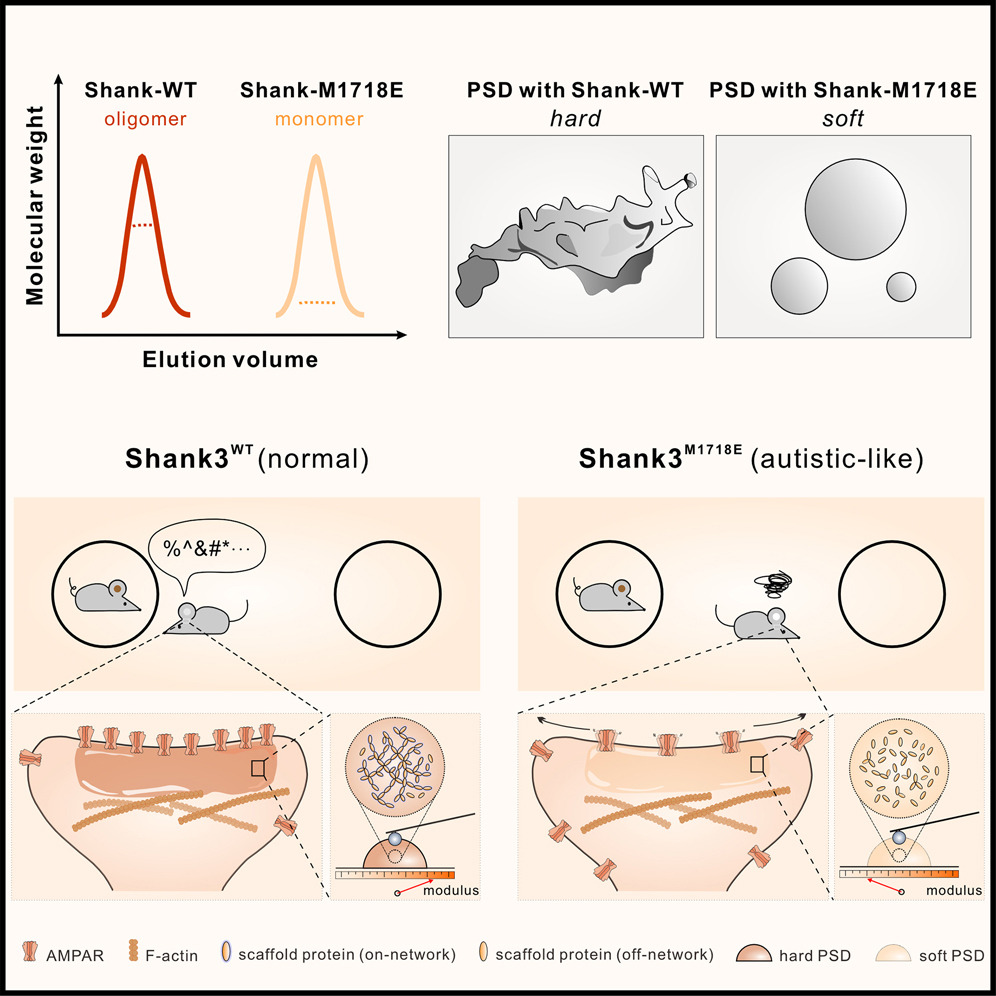The Par3/Par6/aPKC complex and epithelial cell polarity
2013.06.10Chen, J., & Zhang, M. (2013). Experimental cell research, 319(10), 1357-1364.
Apical–basal polarity is the basic organizing principle of epithelial cells, and endows epithelial cells to function as defensive barriers and as mediators of vectorial transport of nutrients in and out of organisms. Apical–basal polarity is controlled by a number of conserved polarity factors that regulate cytoskeletal organizations, asymmetric distributions of cellular components, and directional transports across cells. Polarity factors often occupy specific membrane regions in response to the adhesion forces generated by cell–cell and cell–extracellular matrix interactions. Both internal polarity factors and the external extracellular matrices play fundamental roles in epithelial cell polarity establishment and maintenance. This review focuses on recent developments of the Par3/Par6/aPKC complex and its interacting proteins in epithelial cell polarity.
- Recommend
-
2025-10-22
IQSEC2/BRAG1 may modulate postsynaptic density assembly through Ca2+-induced phase separation.
-
2025-08-22

Shank3 oligomerization governs material properties of the postsynaptic density condensate and synaptic plasticity.
-
2025-08-21
Modulating synaptic glutamate receptors by targeting network nodes of the postsynaptic density condensate.
-
2025-08-19
Current practices in the study of biomolecular condensates: a community comment.
-
2025-06-10
Phase separation instead of binding strength determines target specificities of MAGUKs.

